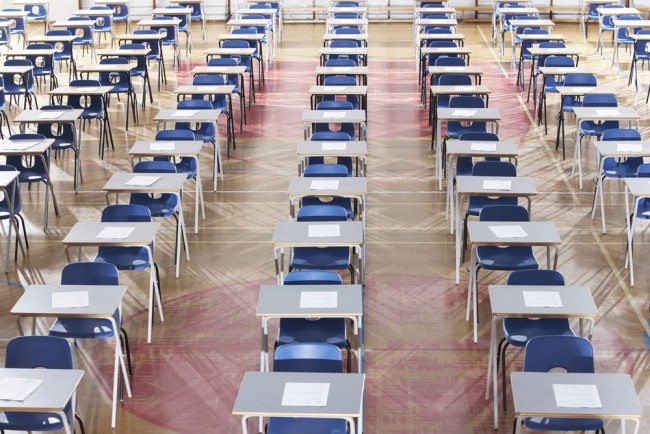So, it’s exam season and you really need the best grade possible, but you just can’t bring yourself to start studying.
With all the exam stress piling up, you deserve a gold star just for making it out of bed; unfortunately, that’s not how things work.
Luckily for you, there are a few exam study tips that can put you on the road to passing. Of course, it’s not magic, so commitment, dedication, and effort are still necessary. We’ll just give you productive ways to channel it and get results.
Make a Realistic Schedule
Last-minute studying is almost never effective, so give yourself some time to study before exam season starts. Once you have only a month to go, set up a realistic studying schedule by dedicating specific days to revising a certain subject. Do this according to which exams are first, which ones you have trouble studying for, and what subjects you can easily revise a night before.
Just make sure you don’t set up an impractical schedule that involves enormous amounts of cramming in a few days. This can be overwhelming and there’s a risk that you may not remember as much.
Give Yourself Some Space
A cluttered desk can reflect your state of mind, so clear up and focus on a single subject at a time. Worried about not remembering where you left off with a previous subject? Use placeholders, bookmarks, and paperclips, and put them away.
Whether you need a clean room or just an organized desk will do, do it so you can start studying. Also, focus on other things like whether your room has enough lighting and your desk has enough space.
Use a Study Guide
Although one shouldn’t depend on a study guide, it does a show in which order you’re better off learning things. Since they have a list of essential topics and concepts you need to know, you can tick off whatever you’ve already learned, and understand which remaining areas to focus on. These websites would be helpful.
Of course, you should use reference books to cover each area in greater detail, because guides are short and incomprehensive, to say the least.
Make a Chart
In numerous subjects, students often find that learning via a chart of diagrammatically seems to help them retain more information. This tends to be helpful when you’re revising the night before an exam. Ideally, it’s best that you make detailed charts in class because it helps you understand how things work in the first place. If your exams are only a few weeks away, start by looking for charts on the internet, and make your own to retain the facts.
Practice with Previous Papers
Whatever course you’re taking, there must be specific patterns professors use to test students’ knowledge. Hence, practicing with previous exam papers can help you grow accustomed to the style and nature of questions. It’ll also help you assess which forms of questions suit a certain topic the best, whilst testing your knowledge for it.
Study with Others Too
The result of group sessions depends on who you’re studying with, but there are clear benefits. When you study with different people, you get an opportunity to compare how much you know as compared to others.
You can then gain more knowledge by asking for their explanation on an answer. Also, group studies always lead to an interesting discussion on the topic, and as long as it’s relevant, it can really help you remember things.
Try Explaining What You Learned
When you try explaining something to someone else, you end up figuring out what you’re unsure or unclear about. So, try doing this exercise by explaining a topic to a younger sibling, or event a pet, as long as it’s someone who can hear you. When you find yourself struggling to explain a certain area, you’ll finally know what you don’t know.
Get Enough Sleep
How much sleep you get and the quality of sleep you get can affect your memory and ability to retain knowledge. When you get enough sleep, you’re better able to recall what you learned, have enhanced focus, and improved problem-solving skills. Remember this before chugging on your third Red Bull and planning to pull an all-nighter.
Take a Break – To Nap
Studying non-stop doesn’t help your brain keep information, which makes breaks important. A break from studying can be anything, like fixing yourself a snack in the kitchen, finally going to the bathroom, or taking a stroll outside. Most importantly, it can be a nap so you can catch up on some sleep. However, try staying away from distractions like your phone, Netflix, and video games.
Exam season can take a toll on all of us, but it doesn’t have to. Practice a few of these study tips and you’ll be set for a passing grade. Just don’t forget to eat properly and stay hydrated to avoid passing out. Your health is important and getting an average grade is better than not getting one at all.


